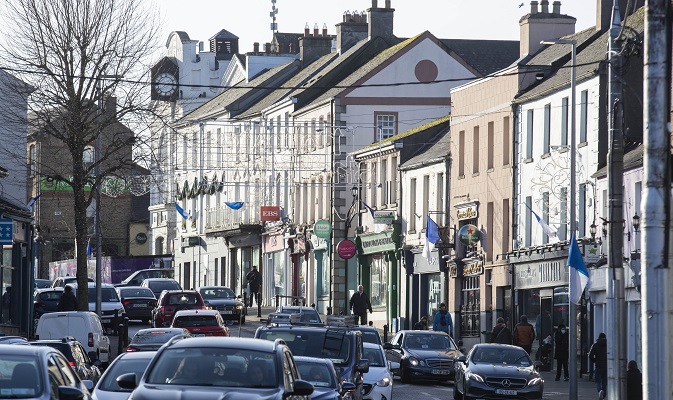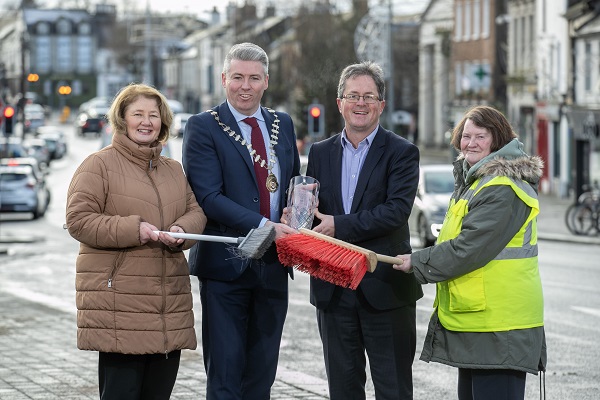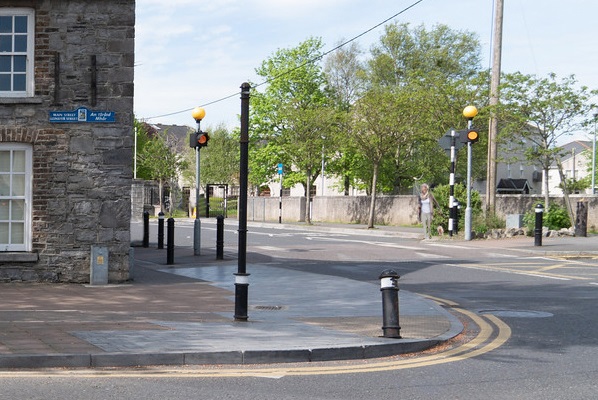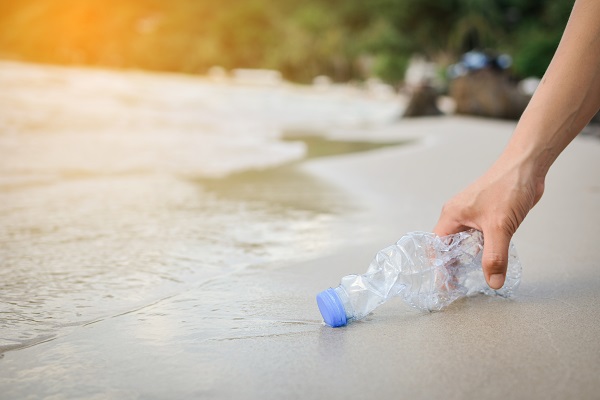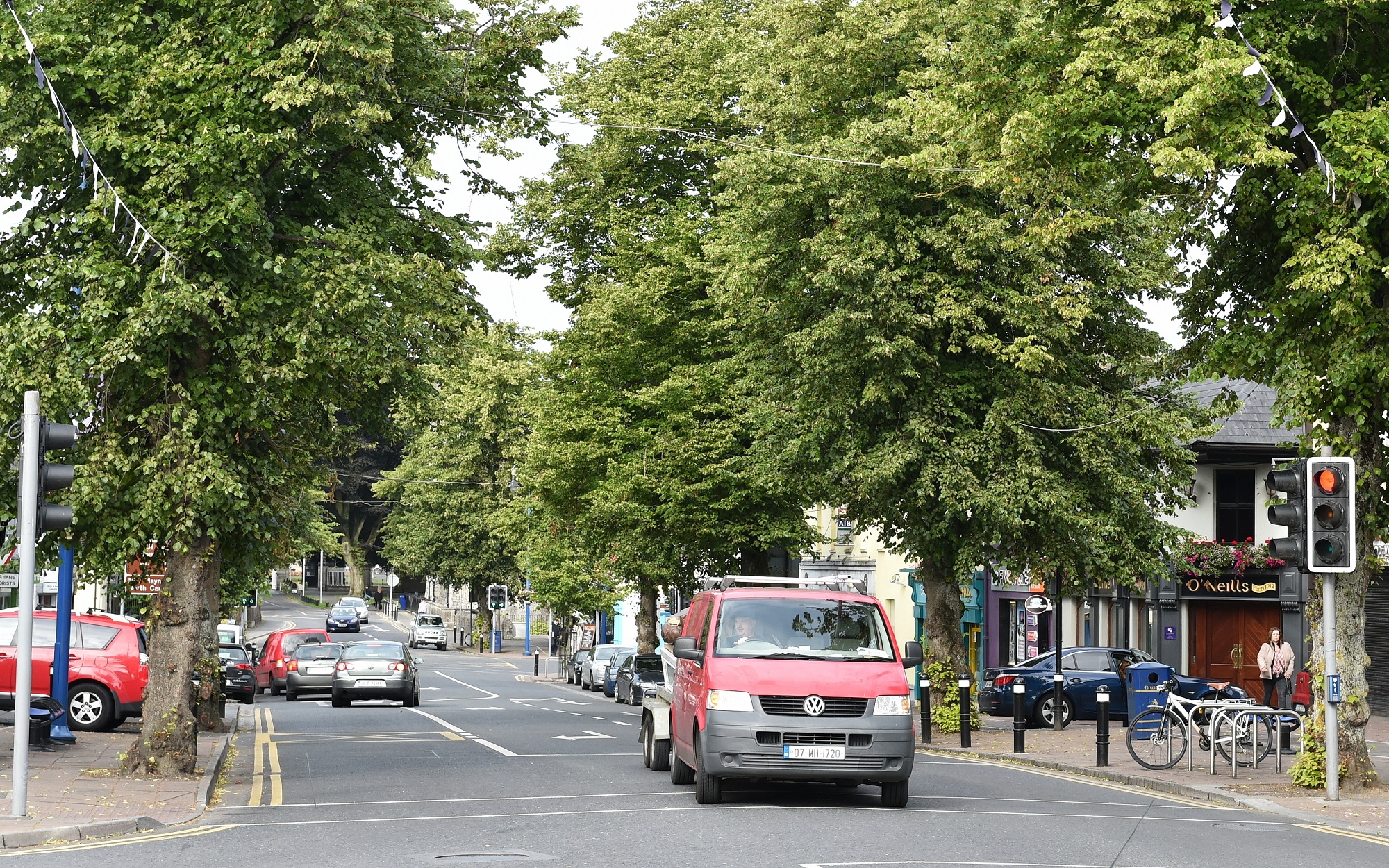
Kilkenny is king as Dublin’s North Inner City again falters
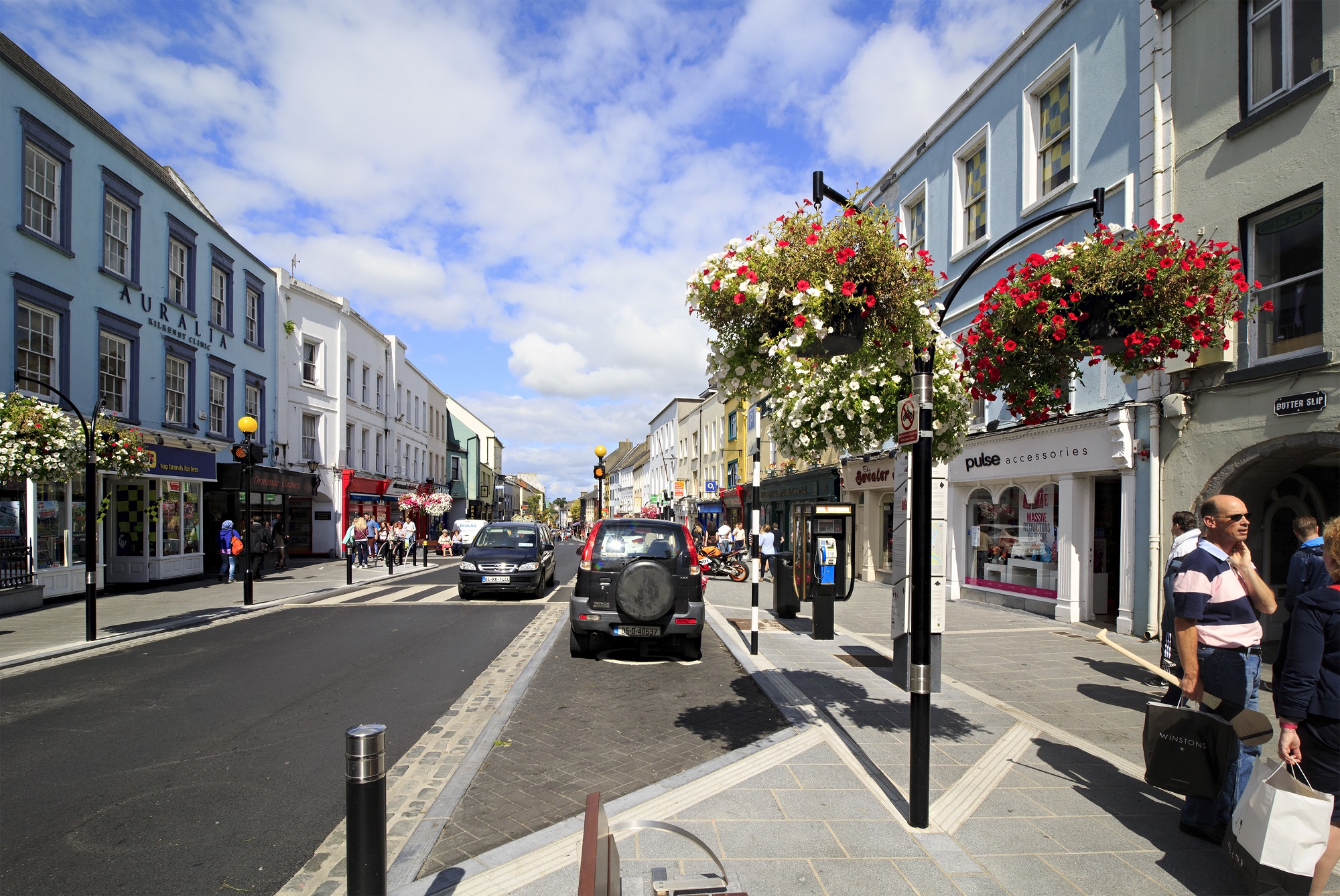
6 January 2020 – Kilkenny has once again been deemed cleanest of 40 towns and cities surveyed by business group Irish Business Against Litter (IBAL). For the first time, all our cities’ centres were clean, and there was significantly less litter on our cities’ streets compared to a decade ago. However, Dublin North Inner City recorded its worst showing in years and was branded ‘seriously littered’, while overall litter levels in Ireland’s towns were up on 2018.
Kilkenny topped the IBAL litter rankings for a record 4th time, having last won in 2014. It finished ahead of Killarney, which was 3rd in 2018, and Swords at the top of the table. In all, 21 of the 27 towns inspected were deemed clean, a great result but down on previous years. Galway edged out Waterford to claim cleanest city as it enters its year as European City of Culture. The city areas of Galvone in Limerick, Ballymun in Dublin and Cork Northside were ‘littered’, with Dublin North Inner City at the foot of the rankings.
“In 2019 we saw an unwelcome increase in isolated heavily littered sites within many towns, which brought down their scores,” said Conor Horgan of IBAL. “Citizens and tidy towns groups need to push local authorities to focus on these sites and ensure they are clean for when IBAL revisits them in 2020.” Examples include a litter blackspot at the Gorey Sports and Leisure Centre Car Park, where dumped items comprised a child’s cot, baby buggy and children’s toys, a litter blackspot at Breaden’s Lane in Longford which was “a dumping ground with a shocking level of items discarded”, as was the Courthouse Square Car Park in Tallaght which was “subject to dumping of pallets and plastic bags of rubbish.”
The past decade has brought a 13% reduction in litter levels in our city centres, while litter in towns has remained constant over the same period. “We’ve seen the fruits of the greater attention given to keeping our city centres clean,” explains Conor Horgan, “to the point where they are now almost as clean as our towns. In 2019, for the first time, all were deemed clean.” IBAL has been surveying disadvantaged city areas over the past 5 years but has seen little reduction in litter over the period. “Unfortunately, the gap in cleanliness between these neglected areas and the high-profile city centres is not closing.”
An Taisce, who conduct the surveys on behalf of IBAL, praised Kilkenny for “a superb achievement for such a popular bustling centre. High Street, Market Cross Shopping Centre, the Train Station and the River Nore Walk were all exceptionally well presented and maintained.” Killarney was lauded for its consistent cleanliness, which was described as “a great tribute to the businesses and community in this busy tourist town”. Dublin City Centre’s popular tourist attractions of Christchurch Cathedral, Trinity College, Guinness Storehouse, Garden of Remembrance and main shopping streets were all “excellent”. By contrast, the report for Cork Northside revealed only 1 of 25 sites surveyed was clean, while for Dublin North Inner City it stated “The dearth of clean sites in this area was striking. Dumping was evident in the worst sites, among them Aldborough Place, Crinian Strand, Great Clarence Street, North and the Railway line, North Strand Road.”
“There is a glaring disparity in cleanliness between the North Inner City and Dublin City Centre. While we are talking in very positive terms about our cities generally, the picture presented by the North Inner City is quite a grim one.”
Sweet wrappers, chewing gum and cigarette butts remain the most common forms of litter on our streets. “Perhaps no one item illustrates the link between litter and the broader environment better than the cigarette butt,” contends Conor Horgan. “Cigarette filters are essentially single-use plastic which readily winds its way into our sewers and rivers, adding to the problem of plastic pollution, which threatens to see more plastic in our oceans than fish by 2050. Yet every day we see people nonchalantly flicking butts onto our pavements.”
From next year, an EU directive will force tobacco manufacturers to cover the cost of cigarette butt collection and processing in an effort to drastically reduce the numbers of cigarettes disposed of in the environment. “Alongside regulation, we would like to see active recycling of butts, which would encourage their proper disposal, as once a butt is littered on the ground, it cannot be recovered.” Irish start-up NoButts.ie is turning butts into cellulose acetate for re-use in sunglasses and other products and is looking to set up supply arrangements with local authorities.
IBAL is offering to facilitate the setting up of a pilot programme to recycle butts in Kilkenny, as winner of the League. In addition, a number of trees will be planted courtesy of The Tree Centre in Fermoy.
2019 was the 17th year of the IBAL Anti-Litter League.

